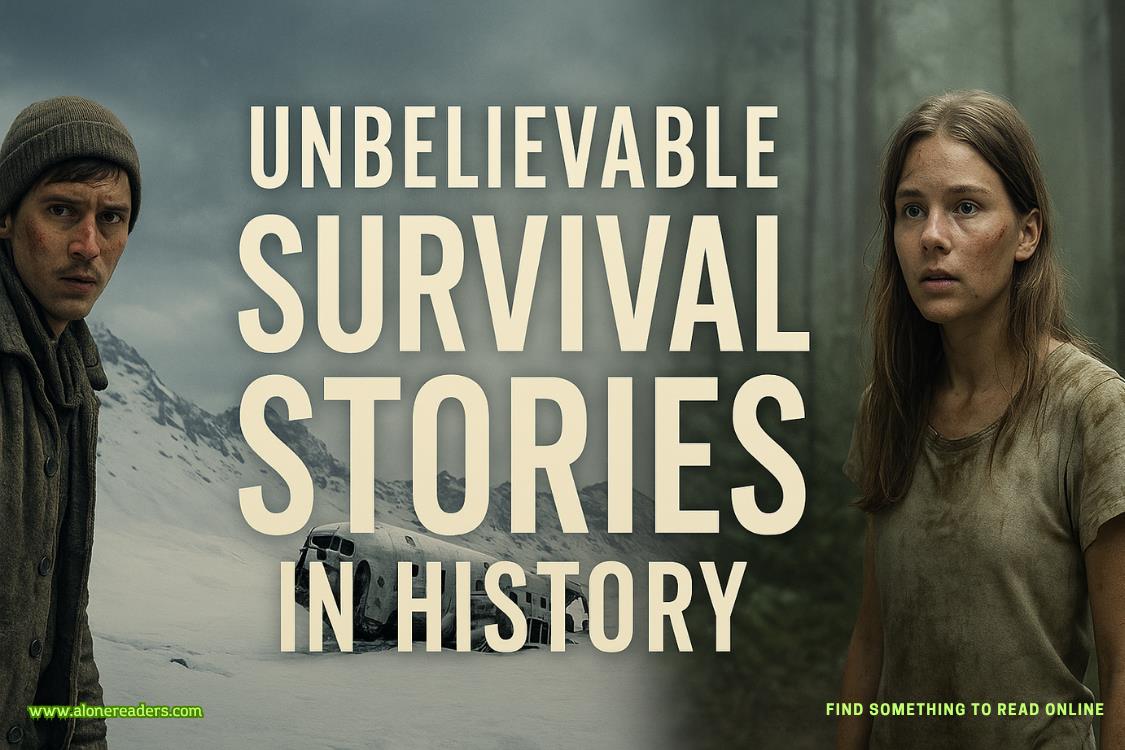Page 55 of Death at a Highland Wedding
“Nora Glass,” Mrs. Rendall says somberly. “The second-eldest daughter of our blacksmith. Some children love to ramble off on their own, and she was one of those. A dreamy girl who would be gone from sunup to sundown if she had her way of things.”
I don’t miss the past tense, and my gut seizes as I begin to suspect where this is going. A girl who likes to wander. A nearby estate with deadly traps.
Mrs. Rendall continues, “Nora knew she was not supposed to go onto the grounds, but she was twelve, at the age where children begin to think for themselves and decide that their parents are still treating them like children.”
I swallow. “There are traps on the property.”
Mrs. Rendall looks up sharply. “No. I mean, yes, we know about those, but so did Nora. She is cousin to the Hall children, who grew up there, and they made sure she knew about the traps. But she was accustomed to her uncle being the gamekeeper. It was the new fellow who caught her wandering about.”
Again, my gut clenches, so sure once again that I know where this is going.
“What did he do?” I ask.
“Frightened her off. Shouted at her in his native tongue, and she had no idea what he was saying, but she understood his tone and ran like the devil himself was on her tail.”
Ran and fell? Stumbled over a cliff edge? Or tripped and incurred an injury that turned septic? There are so many ways to die in this world.
“What happened?” I ask.
“She made it safely back with a grand story.” Mrs. Rendall’s lips curve in fond recollection. “That is the sort of child she was. She might have been sent home in a terror, but she soon turned it into a story. Few people had met the new gamekeeper and now she had a fine tale to tell. How he leaped out of nowhere, this wild-haired man who cursed her in his native tongue. Each time she told the tale, it grew grander. And then…” Any trace of a smile evaporates. “Then, a week later, she took ill.”
“Measles,” Dr. Rendall says. “There was a fellow traveling through whose horse threw a shoe, and he told Nora’s father how he’d come through a village where a child had died of it. He showed no symptoms himself, and the Glasses thought little of it. Nora had been in the blacksmith shop with the man. She loved to speak to travelers and hear their stories.”
“He was infected, simply not showing symptoms,” I guess. “She caught the measles from him.”
Dr. Rendall nods. “One of her younger brothers also came down with it soon after. He survived. Nora did not.”
I glance at Gray. I’m missing something in this story if the villagers blame Cranston for Nora’s death.
“Do people think she caught it from the gamekeeper?” I ask.
“In… a manner of speaking,” Dr. Rendall says.
Mrs. Rendall shifts in her seat, obviously uncomfortable. “Some believe he cursed her.”
“Cursed? Oh.”
She’d said Nora told stories of Müller cursing her in his native tongue. I’d interpreted that to mean swearing at her.
When the Rendalls don’t elaborate, Gray says, “A village like this would not see many people who speak another language. There is always… suspicion.”
Mrs. Rendall sighs. “Dr. Gray is being polite. I suspect he has been the victim of such suspicion himself. People here often never travel more than a few miles from their home. They only see others like them, and they respond poorly to all outsiders, but particularly those who do not look or sound like their neighbors. Nora did not mean any harm. I do not even think she believed he was uttering curses.”
“She embellished her story for the audience,” I say. “He shouted at her in another language, and since she didn’t know what he was saying, it would be easy to claim he cursed her. Dramatic license.”
“Dramatic…? Oh, yes. I see. That is it precisely. She meant no harm, and it would have fallen on the adults to gently tell her that she ought not to interpret a foreign tongue in such a way. But even those with a greater knowledge of the world might not have seen the harm in it. She was a child having a child’s fun.”
“Which took a sinister turn after her death.”
Mrs. Rendall squeezes her hands in her lap again. “I know how this must look to you and Dr. Gray. The simple countryfolk and their wild superstitions.”
“Not at all,” Gray says smoothly. “There are as many superstitions in the city. A young girl died, and people want answers. I have seen that both asa doctor and an undertaker. Those in medicine understand”—he glances at me—“to some degree how diseases are transmitted, though we still have much to learn. Yet we have a history filled with people trying most desperately to explain what often seems supernatural in origin.”
Dr. Rendall nods. “The answers we have are too new for most people. They grew up believing miasmas caused illness, and that is what they continue to believe. While most no longer believe in curses, it only takes the tragic death of a child to resurrect old fears and beliefs.”
“Progress comes slowly,” Gray says. “Set back, as you say, in the face of tragedy.”
“So people thought,” I say, “that the gamekeeper—Mr. Müller—cursed Nora.”















